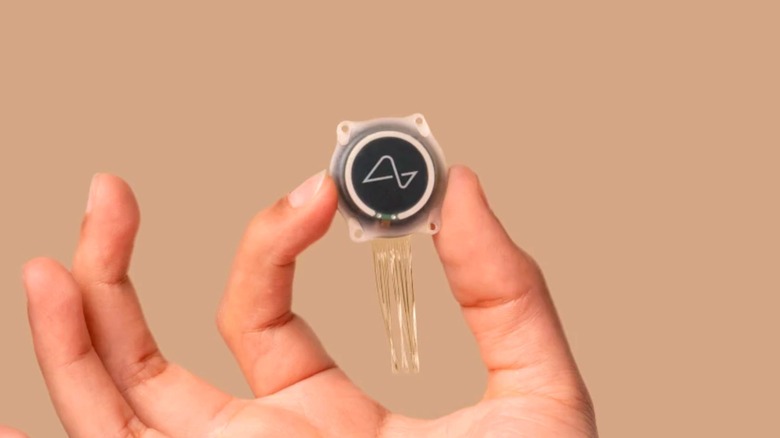Not Every Scientist Is Thrilled Elon Musk's Neuralink Just Got Human Trial Approval
Elon Musk-backed Neuralink has finally received the US FDA approval to start human trials of its brain interface implant. The invasive implant has so far been tested on animals only, with demonstrations showing test primates controlling a computer cursor and even playing pong on a screen with their thoughts. The approval for clinical trials on human volunteers marks the first step towards Neuralink realizing Musk's goals of curing quadriplegia, schizophrenia, and Alzheimer's, among severe conditions.
However, the medical community isn't too thrilled about the news of Neuralink getting the crucial approval, and has expressed its concerns once again. The Physicians Committee for Responsible Medicine, a non-profit that counts over 17,000 certified medical practitioners in its experts, has once again lambasted the company over past mishaps and urged it to invest in non-invasive technology instead of implanting electrodes inside a human brain.
"Musk needs to drop his obsession with sticking a device in our heads," remarks PCRM's research wing director Ryan Markley, adding that the billionaire should focus on non-invasive brain interface solutions. Neuralink says on its website that it wants to make a "cosmetically invisible brain-computer interface" that wirelessly transmits neural signals. But first, a robot drills a hole in the skull through which the "Link" chip dangles metallic threads that are 5-micron in width in the cortex area. This chip also measures vital signs like temperature, pressure, and movement to look for signs of abnormality. Musk says he eventually wants to make the Neuralink implant process as simple as LASIK eye surgery.
An uphill battle against expert skepticism
Experts, however, are not sold on Musk's claims and promises, especially when non-invasive brain interface tech has yielded positive results without any of Neuralink's risks. The non-profit – which was the first to uncover records of animal cruelty and mishandling of hazardous biomaterial by Neuralink, both of which faced investigation – has flagged risks such as malfunctioning implants, tangible chances of infection, and surgical complications. PCRM says the FDA approval is "not an acquittal of Neuralink's well-documented track record of animal cruelty and sloppy scientific studies."
Moreover, the group argues that clinical approval isn't an assurance that the product will eventually make it to the market. This won't be the first time that medical experts have raised red flags at Neuralink. In December 2022, following Musk's demonstration of Neuralink progress, experts told Healthline that the company shouldn't be making bold promises without clinical results, especially when it doesn't command the same level of work and expertise as other brain-computer interface (BCI) projects like BrainGate.
Dr. Johnson from the State University of New York told The Daily Beast about Neuralink that "they're overpromising because they're a long way from being able to do that." Neuroscience pioneer Miguel Nicolelis, who runs a BCI lab at Duke University, told Inverse that "Mr. Musk doesn't understand a bit of neuroscience and what is the brain," adding that Musk's company hasn't done anything innovative at all. It remains to be seen whether Neuralink delivers on Musk's promises, and some experts remain unconvinced.
